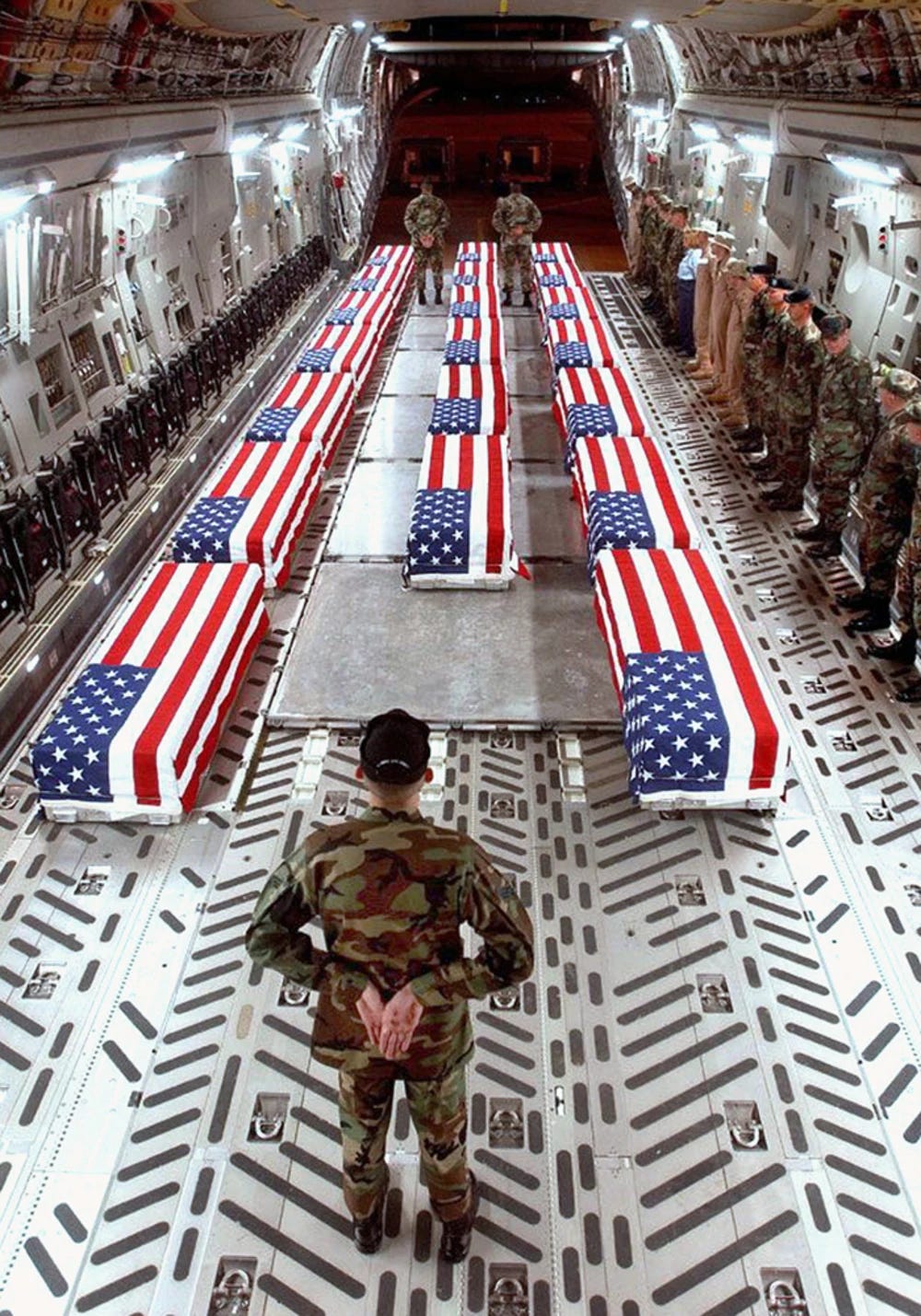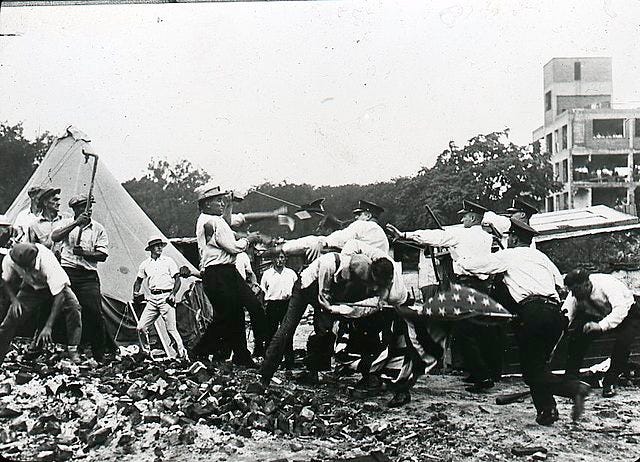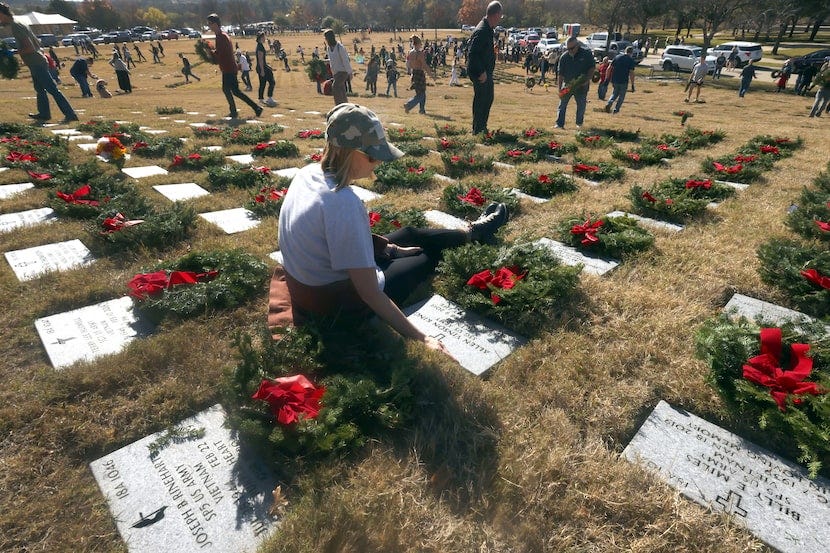Veterans and War Widows in the Age of Spectacle
J.G.P. MacAdam shares an essay exploring how US veterans and their families occupy an especial role in American political discourse.

Veterans and their families play an especial role in the American body politic. No other identity group can boast an entire federal department (and cabinet-level position) dedicated to its caretaking. The founding motto of the Department of Veterans Affairs—To care for him who shall have borne the battle, and for his widow, and his orphan . . . —uttered by no less a figure than Abraham Lincoln, reflects this profound sense of uniqueness that we place upon our military families and veteran population, as well as due benefits.
Currently, the gist of the VA’s motto remains the same: it is the nation’s responsibility to care for those who serve in times of both peace and war, and for their families. Few responsibilities of the federal government seem so ironclad as this one (though the experiences of the 1932 Bonus Army could very well suggest otherwise). Even in our partisan era, increasing veterans’ benefits remains one of the few forms of legislation which routinely gains bipartisan support.

More on that especial role . . .
Way back when I was a buck-private ceremonially carrying transfer cases off the back of C-17’s at Dover Air Force Base—honorably transporting the flag-draped remains of those recently slain in Iraq or Afghanistan from one spot on this earth to another—photojournalists were not permitted to take pictures . . .
At the time, the administration did not want photos of the nation’s war dead making the rounds on cable news—that particular image resonates in ways even the densest of politicians can understand. Only once a new administration took office were photojournalists once again permitted to photograph flag-draped transfer cases coming off the planes at Dover.
As a veteran of that war of that time, I’m conflicted about people taking pictures of our dead. On one hand, I’m angry and not a little revolted by the very idea that anyone would want to take a picture of something like this, which I feel personally and rather viscerally, with family often weeping nearby, and then to share that picture with faceless millions who may or may not truly understand; who may get the wrong idea in their head; who may, nowadays, manipulate that image with photoshopping or artificial intelligence or turn it into an obscene meme. On the other hand, I feel deeply the need for a government of the people to know as best as they can exactly what is happening to their soldiers and sailors and marines and airmen abroad, as well as to their families.

And it’s in this way that I’ve come to understand my role as a veteran. It was part of my job as a soldier to be something of a public figure. To be photographed, reported on, peppered with questions by an information-hungry body politic. It was—love it or hate it—part of my job to be looked at, watched, observed by those whom I was supposed to be fighting for, and to be judged accordingly.
And not only me but my next of kin, too, especially if I had happened to die while deployed. I signed them up for the experience, too, whether they knew it or not, accepted it or not.
Keep reading with a 7-day free trial
Subscribe to Consequence to keep reading this post and get 7 days of free access to the full post archives.



